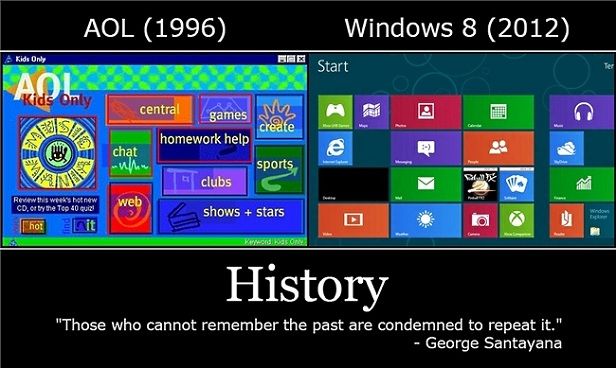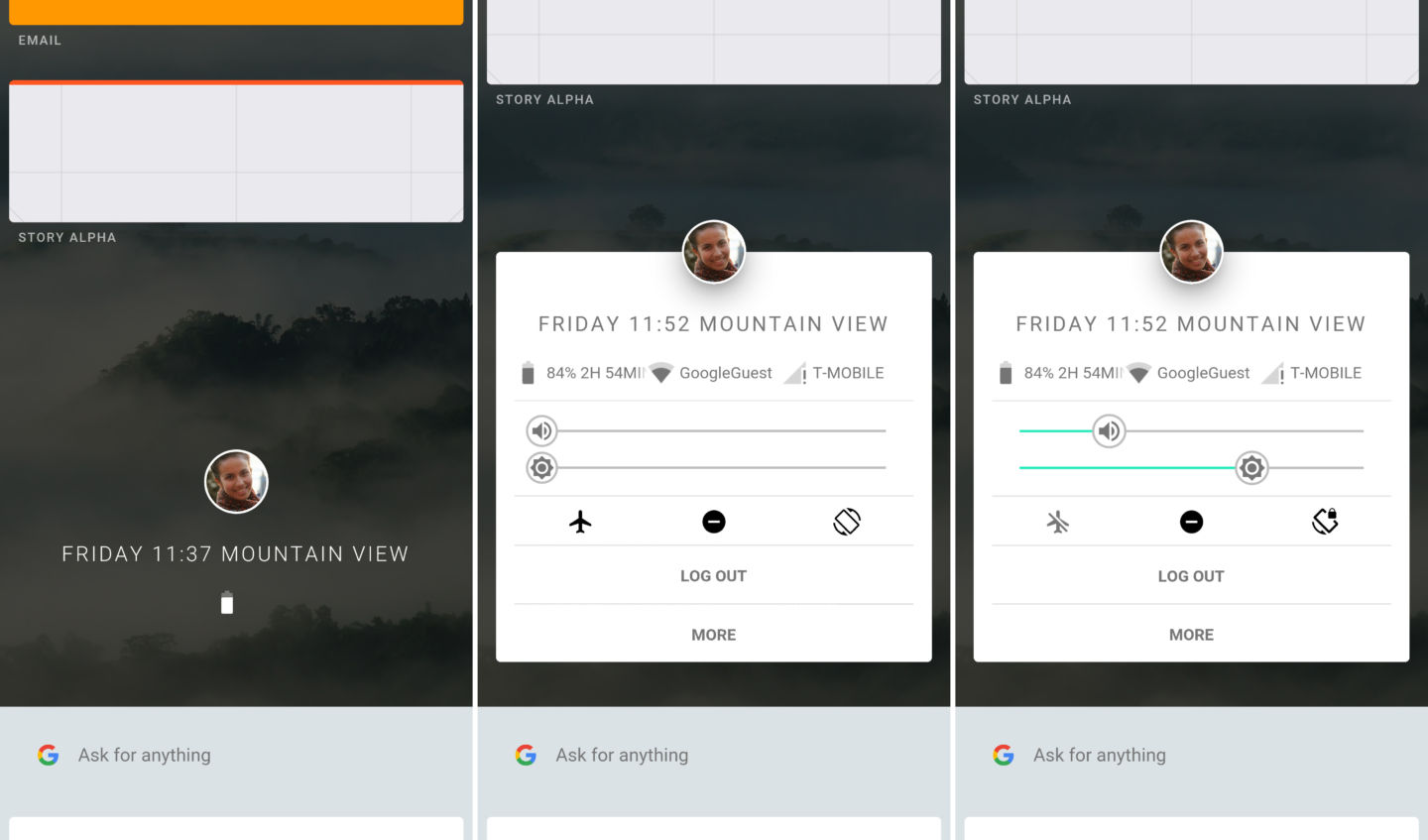
Google has for some time now been working on a new operating system. Tentatively known as Fuchsia, the search giant's third operating system (alongside Android and Chrome OS) is an open-source project that's slowly but surely coming together.
As we reported last August, Fuchsia isn't based on Linux but rather, a new Google-developed kernel referred to as Magenta. The OS was limited to just a command line last summer but now as Ars Technica highlights, a new UI has emerged that's worth taking a look at.
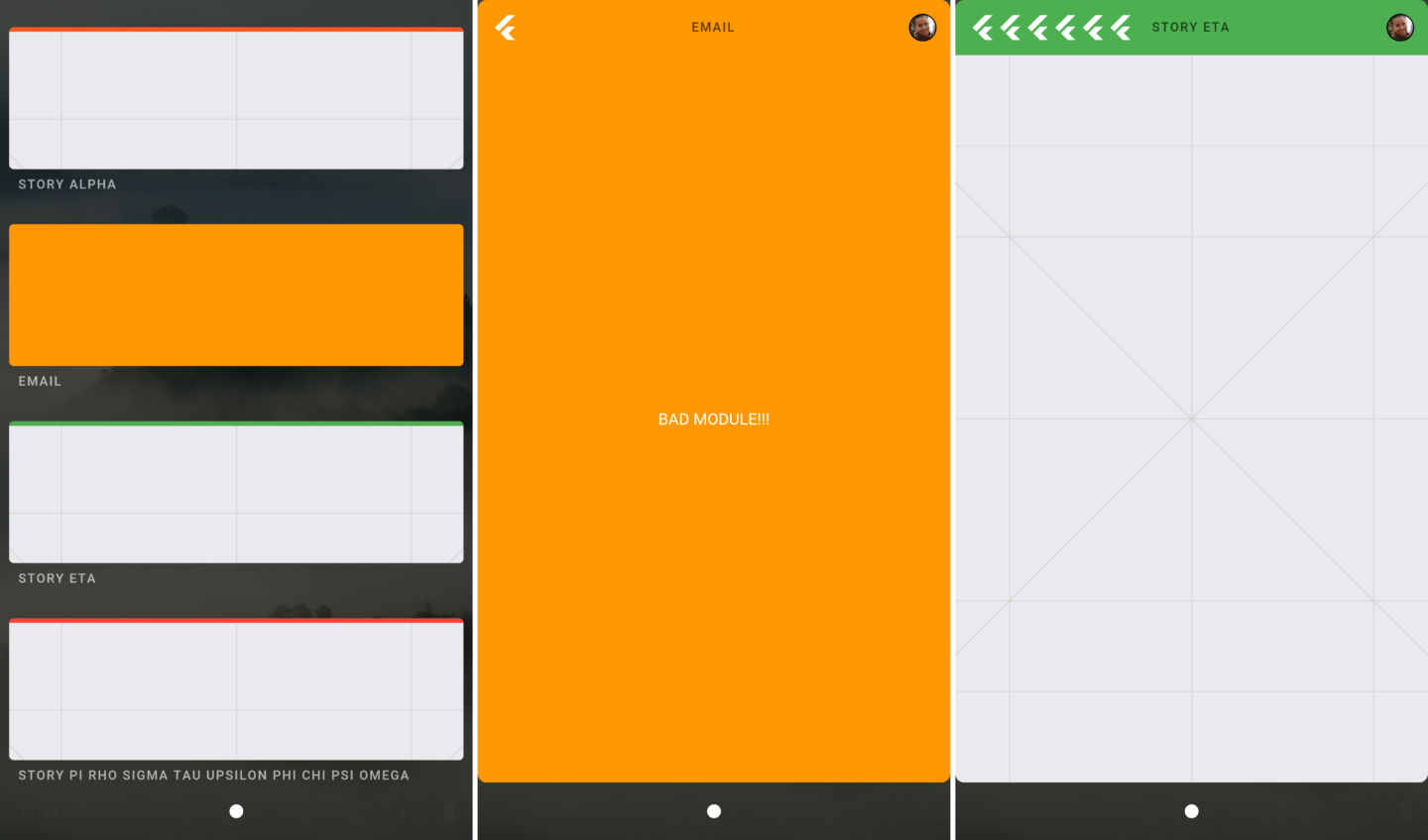
The Fuchsia System UI, dubbed Armadillo, in its current state features a pretty radical card-based reimagining of the home screen alongside a keyboard, home button and a window manager. As Ars notes, nothing really "works" at this point - it's all just placeholders - but it's interesting nevertheless.
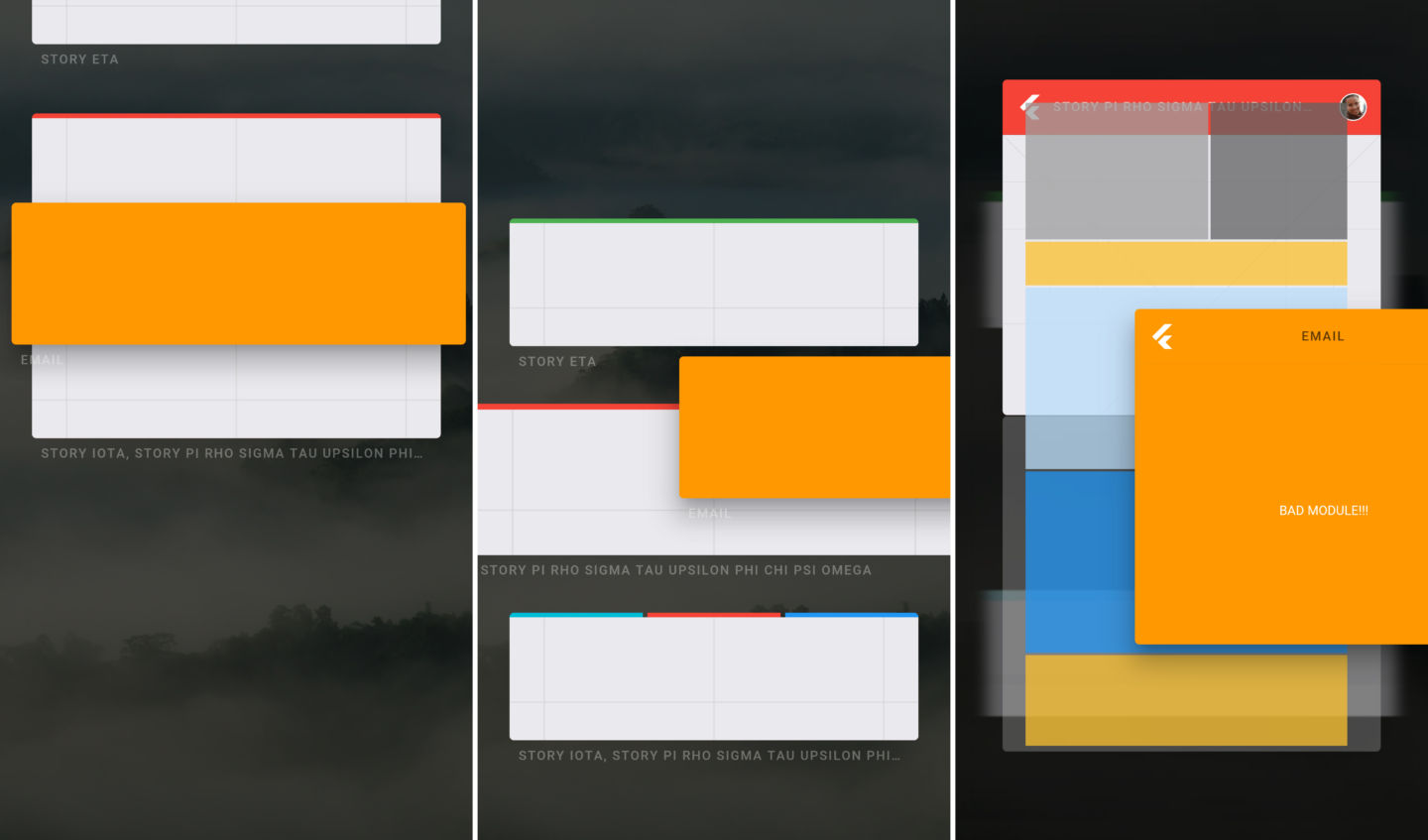
For what it's worth, Google describes Magenta as a product that targets modern phones and personal computers packing fast processors and copious amounts of RAM with "arbitrary peripherals doing open-ended computation." Given that description, it's easy to see how some believe Fuchsia could be Android's eventual replacement.
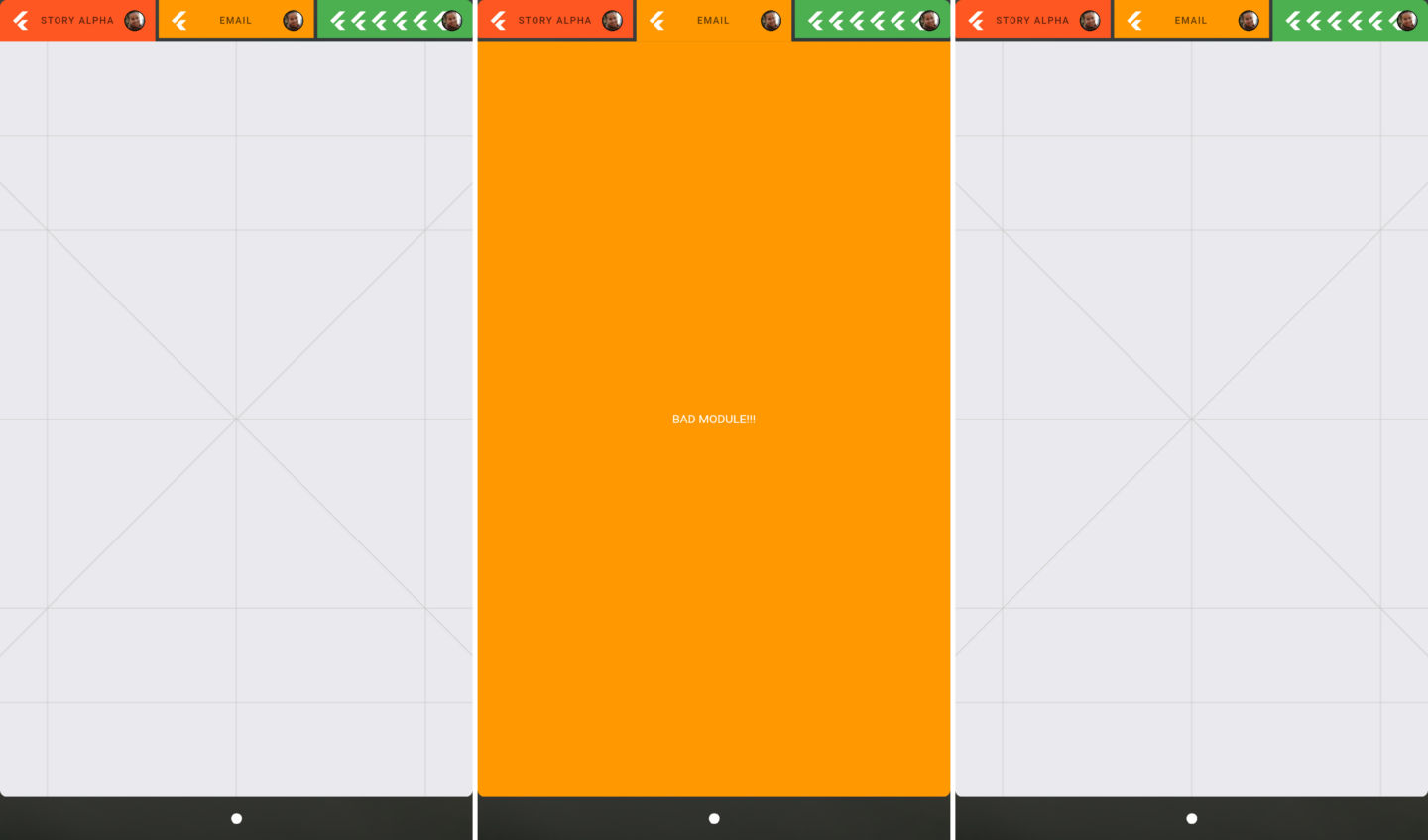
Ars points to a post on the public Fuchsia IRC channel from developer Travis Geiselbrecht who says it "isn't a toy thing, it's not a 20 percent project, it's not a dumping ground of a dead thing that we don't care about anymore."
More details could emerge at Google's annual I/O conference later this week although given the current status of the project, I wouldn't count on it.
https://www.techspot.com/news/69234-google-mysterious-fuchsia-operating-system-gets-wild-ui.html
